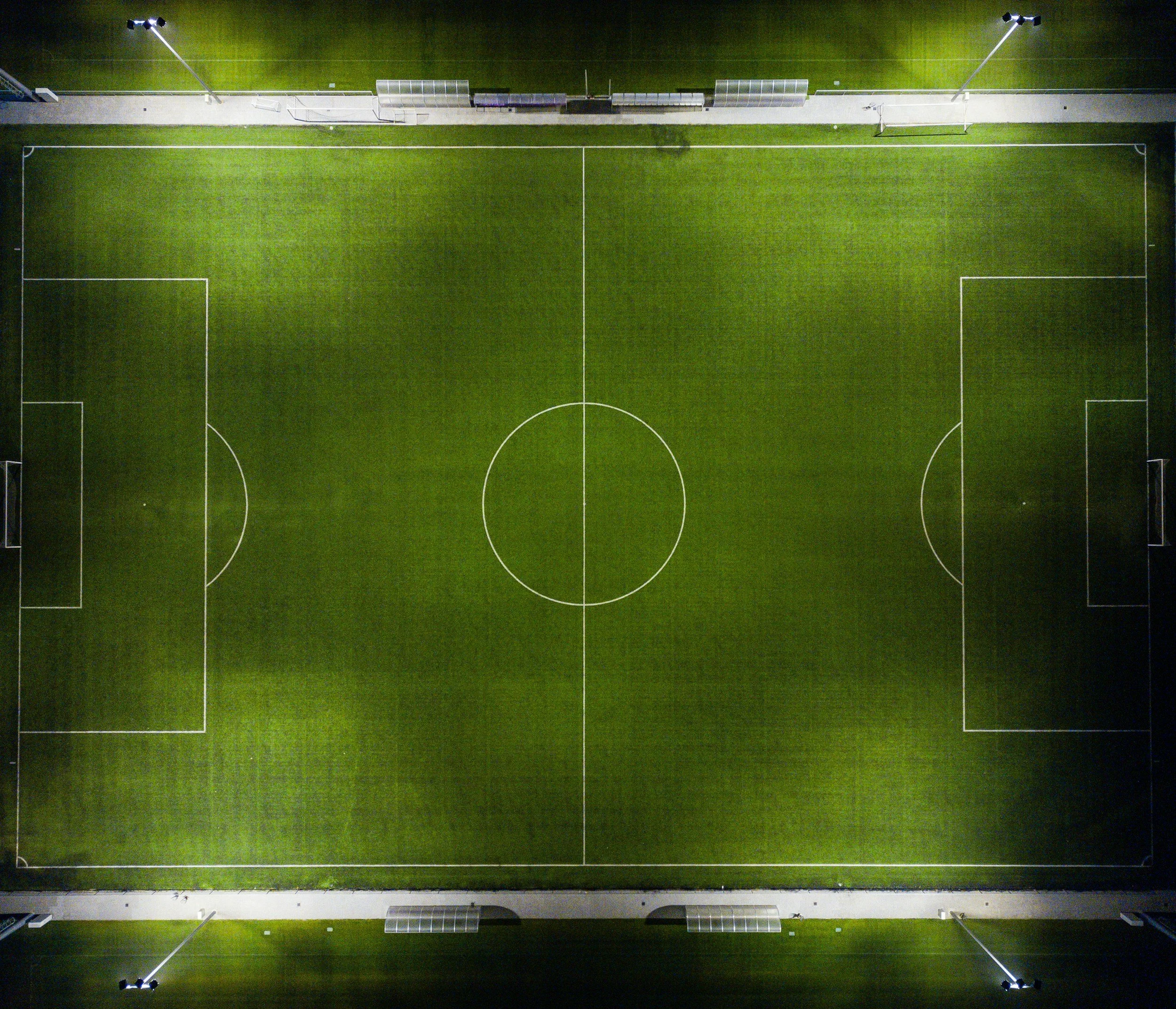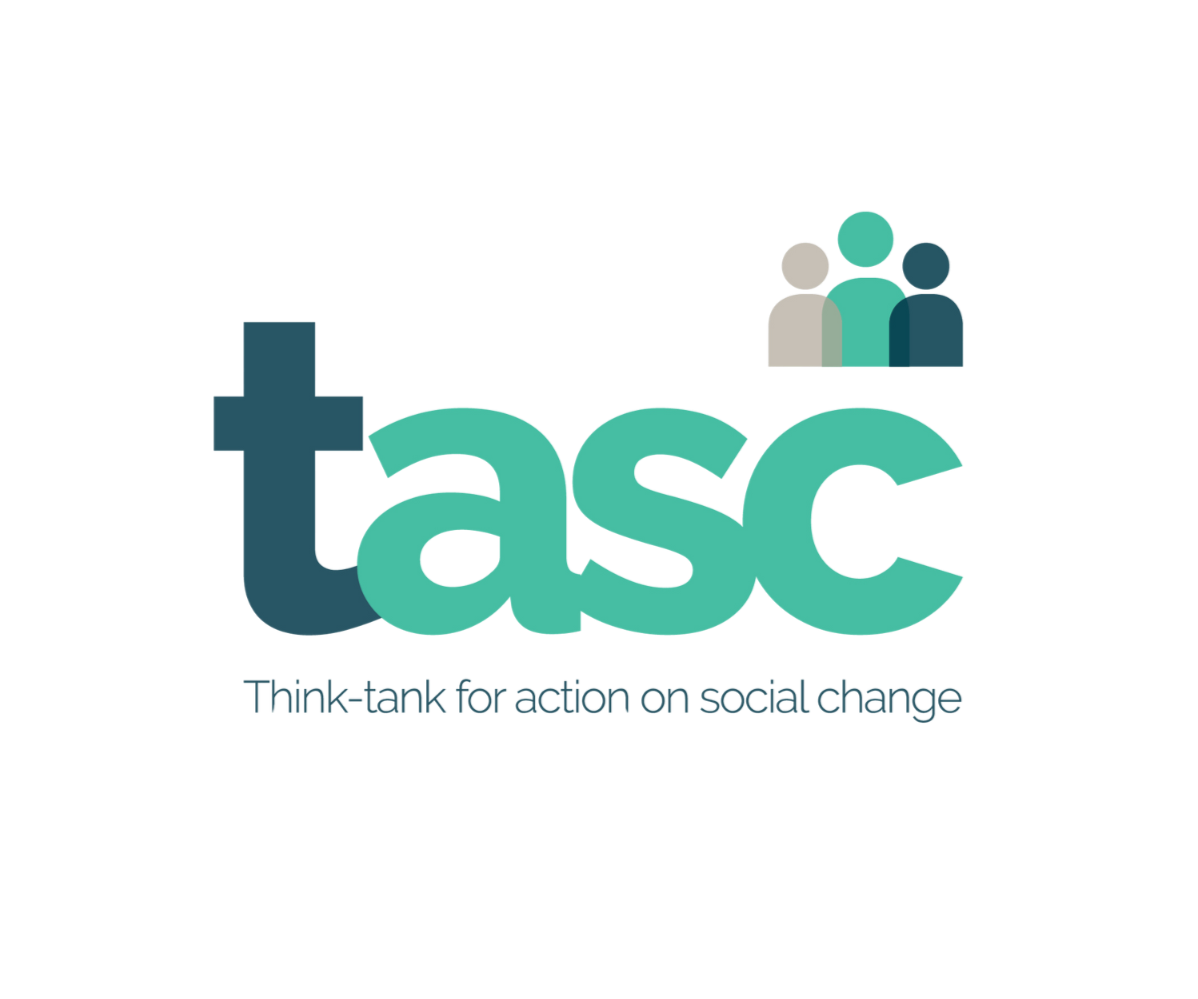Project Overview
“Football for Climate Justice” is a transformative framework for football clubs to shift from traditional sustainability approaches to a climate justice perspective. The aim is to enable clubs to enhance the standard of living of their fans and communities through climate action initiatives.
Football for Climate Justice project partners include football clubs, Bohemian FC, Club Brugge KV, FC St. Pauli, FC Twente, Ferencvárosi TC, Real Betis Balompié, and SV Werder Bremen, the football league FUNDACIÓN LaLiga, and the Thinktank for Action on Social Change (TASC).
Football for Climate Justice is funded by ERASMUS+.
Sustainability Scoring
Sustainability Scoring aims to transform football’s potential as a climate champion and planetary custodian into genuine climate leadership. It will do this by focusing on actions that European football clubs, leagues, and associations can take to advance sustainable practice and be a leading voice in the fight for climate justice. Sustainability Scoring is a multifaceted project that seeks to realise football’s potential as a planetary custodian by combining the reach and global passion for football, with the urgent need to progress environmental actions. This will deliver transformative outcomes for football clubs, their fans and communities, and the global community’s fight against environmental collapse and climate change.
Promote Sustainability and Human Rights at the European Level
The project aligns with, and will help to advance, objectives related to resource efficiency, circular economy, the mitigation of emissions, and the restoration of biodiversity contained within the European Green Deal, while also enabling bottom-up participation of fans and their communities required by the European Climate Pact and the New European Bauhaus. By rooting the underlying strategy in climate justice, the project will help build understanding of, and advance, the Just Transition in Europe in support of the Just Transition Mechanism.
Sustainability Scoring has three interrelated objectives. Each objective has a different focus: club, community, and global. Each objective is designed to establish significant impact in its own unique area.
Club, Community and Global Focus
CLUB OBJECTIVE
The Club Objective aims to put the partner organisations day-to-day behaviours in the spotlight and identify ways in which they can improve their daily practices and lower their environmental impact. Focus will be placed on how implementing environmentally conscious practices can in turn reduce organisational costs and increase their economic stability. All adaptations and developments piloted throughout the project will be in line with the Sustainable Development Goals and the European Green Deal in order to test its true suitability and generate a larger impact.
COMMUNITY OBJECTIVE
The Community Objective will recognise the inherent need for football clubs to act on behalf of their communities, and drive change among their fans and wider society. Football organisations have a responsibility to act as role models within society, and with their unprecedented reach, have the power to change the attitudes and behaviours of the masses. By using their identity to promote and encourage environmental sustainability in all areas of life, their communities and wider society can benefit substantially. The Partners will communicate the urgency of climate action to their fans and wider community, promote positive behaviour change, and supporting community-led projects that advance climate justice in keeping with the European Climate Pact.
GLOBAL OBJECTIVE
The Global Objective aims to recognise and utilise the wider power for football, and its ability to be a global force for good. The global focus is an essential element, as through the incredible reach of the partner organisations the message of Sustainability Scoring can be disseminated incredibly far. The global campaign will work to secure formal recognition of children’s environmental rights and spread the necessary message of environmental sustainability. The project will also complement and support European leadership on environmental action and gain access to a new and far-reaching population.
Sustainable Development Goals
-
Progress towards Goal 7 has been notable: from 2015 to 2023, global electricity access rose from 87 to 92 per cent, access to clean cooking fuels increased by 16 per cent, and renewable electricity continued to grow. However, progress is slowing –renewables lag in the transport and heating sectors, and energy efficiency gains have stalled. Moreover, only a small portion of global energy investment reaches the areas most in need. Achieving Goal 7 will require a significant boost in investment in emerging and developing economies, in particular in sub-Saharan Africa, to expand access to electricity and clean cooking, scale up renewable energy, improve energy efficiency and strengthen policy and regulatory frameworks.
The United Nations energy compacts are designed to facilitate the clean energy transition and support the development of technical, policy and governance solutions to accelerate the achievement of Goal 7, including through the work of the Council on Engineers for the Energy Transition, launched under the auspices of the Secretary-General. The Just Energy Transition Partnership also provides support to countries.
-
Urbanization continues to accelerate, with more than half the global population now living in cities, projected to be nearly 70 per cent by 2050. However, cities face mounting challenges, including rising urban poverty, growing slum populations, inadequate public transport and threats to infrastructure from disasters. To advance Goal 11, cities need integrated strategies focused on affordable and inclusive housing, participatory urban planning, heritage preservation and stronger local governance, all supported by robust disaggregated data. Initiatives aimed at accelerating progress on Goal 11 include the Local2030 Coalition, which drives action on the Goals at the local level by bringing together United Nations entities, local governments and other partners.
-
Human-induced climate change reached alarming new levels in 2024, with some impacts already irreversible for centuries. Global temperatures broke records and temporarily exceeded the 1.5°C threshold, highlighting the urgent need to curb greenhouse gas emissions. Extreme weather events – including tropical cyclones, floods and droughts – led to the highest number of new displacements in 16 years, worsening food crises and bringing massive economic losses and social instability. Nonetheless, with bold action, limiting long-term global warming to 1.5°C is still possible. Every fraction of a degree matters in reducing risks, lowering costs and preventing catastrophic and irreversible damage to people and the planet. At the twenty-ninth session of the Conference of the Parties to the United Nations Framework Convention on Climate Change, States set a new collective quantified goal on climate finance and completed guidance to fully operationalize article 6 of the Paris Agreement on carbon markets, along with making additional commitments on mitigation, adaptation and the operationalization of the Fund for Responding to Loss and Damage.
-
The ocean economy supports millions globally but faces intensifying threats from overfishing, pollution and climate change. Despite a decade of conservation efforts, rising CO₂ emissions continue to drive ocean acidification and damage marine ecosystems. Strengthened enforcement has not sufficiently curbed overfishing and illegal practices that deplete fish stocks. Small-scale fisheries have gained support but require additional protection. Safeguarding oceans for future generations demands urgent scaling up of investment in sustainable fishing practices, comprehensive marine conservation and enhanced international cooperation. The United Nations Conferences to Support the Implementation of Sustainable Development Goal 14: Conserve and sustainably use the oceans, seas and marine resources for sustainable development have galvanized global action to protect the ocean, in line with Goal 14.
-
Global forest cover is shrinking, conservation of key biodiversity areas has stalled, and species extinction is accelerating. Desertification, land and soil degradation, drought and deforestation are further threatening ecosystems and development prospects. While more countries are adopting legal frameworks for biodiversity and environmental protection, overall progress on Goal 15 remains slow, with significant gaps in safeguarding healthy land and ecosystems vital to humanity. The conferences of the Parties to the United Nations Convention to Combat Desertification in Those Countries Experiencing Serious Drought and/or Desertification, Particularly in Africa and to the Convention on Biological Diversity have helped to mobilize resources and advance global objectives to support conservation and restoration, sustainable forest management and nature-based solutions that promote resilience, livelihoods and inclusion. The Kunming-Montreal Global Biodiversity Framework, adopted in 2022, has renewed momentum for implementation.
-
More frequent, intense and prolonged conflicts around the world are shattering people’s lives, communities and futures. Violence against women, children and marginalized groups remains widespread. Casualties among children and women in armed conflicts quadrupled in the biennium 2023–2024 compared with the previous biennium. While there was progress in accreditations of human rights institutions, many political systems fail to represent their populations fully, leading to declining trust. High pretrial detention rates and limited access to justice highlight the need for inclusive governance and rule of law. Achieving lasting peace requires an urgent global commitment to good governance, human rights, equal justice access and accountable institutions, emphasizing diplomacy and dialogue. Under the Global Programme on Strengthening the Rule of Law, Human Rights, Justice and Security for Sustainable Peace and Development of UNDP, support is provided for integrated initiatives to strengthen national institutions, promote accountability and ensure compliance with human rights obligations. It enhances justice and security mechanisms by providing legal services and advice, building the capacity of prosecutors, police and legal aid providers, and facilitating access to justice for internally displaced persons and survivors of gender-based violence. In addition, the Programme assists Governments in developing national action plans on business and human rights and advances people-centred policing approaches.
-
Global progress on Goal 17 has shown both advancement and persistent challenges over the past decade. While financial flows to developing countries have increased, driven by both official and private finance, record-high debt servicing costs in 2023 strain low- and middle-income economies. This is compounded by a $4 trillion annual investment gap for Goal achievement in developing countries. Access to information and communications technology has grown steadily, although digital divides remain stark, in particular in lower-income regions. While data systems and national statistical capacities have improved, many countries still struggle to secure the necessary funding to fully track and implement the Goals, slowing progress in key areas. Strengthened support and renewed global cooperation are critical to bridge these divides and accelerate Goal progress. Through initiatives such as the Sustainable Development Goal stimulus, the Joint Sustainable Development Goals Fund, the Technology Facilitation Mechanism and the global indicator framework for the Sustainable Development Goals and targets of the 2030 Agenda for Sustainable Development, the United Nations is helping to build partnerships to close financing gaps, expand access to science, innovation and data, and support developing countries – alongside international financial institutions – in unlocking capital and investment for implementing the Goals and accelerating inclusive progress on the 2030 Agenda.
Partners














